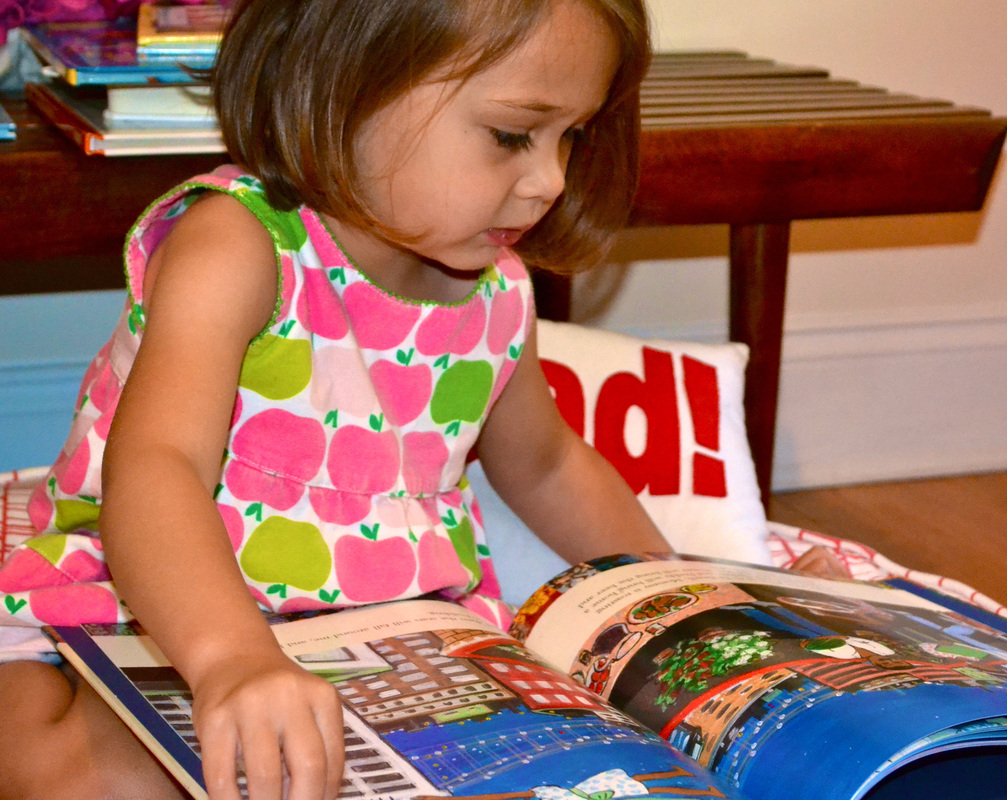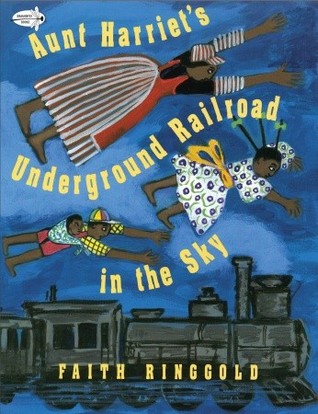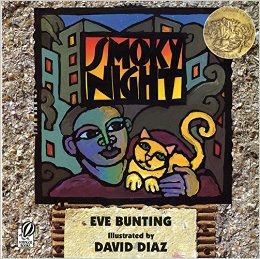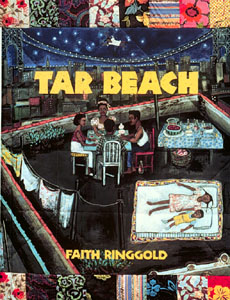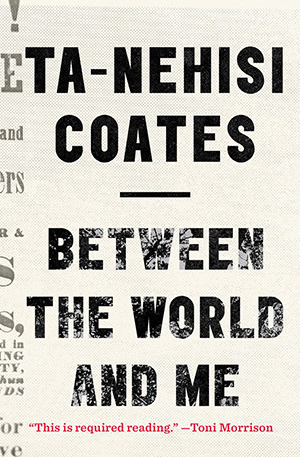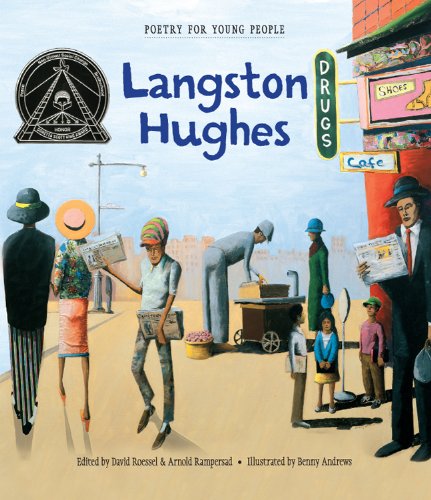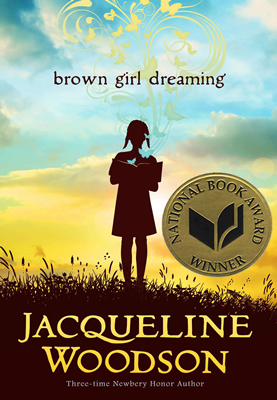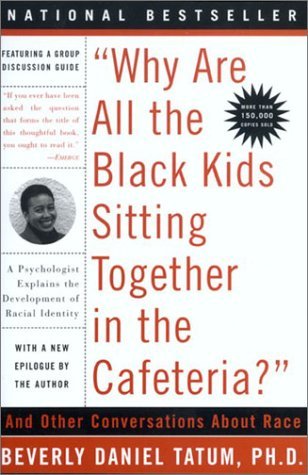I cannot take credit for the name of this tip. It comes compliments of William Pope.L, an artist.
Last week, I took a break from writing a quick literacy tip on purpose. There is a lot going on in real life that is tense and I wanted to give myself some time and space to be uncomfortable, engage with others, reflect on my own thoughts and actions and be ready to re-engage. I think it's important to do this in order to grow and learn as adults and be ready to teach our youngsters.
In order to teach, I need to understand. I spent time listening and learning from others - hearing the fabric of our country speak. I am talking about the state of race relations and power structures in our country.
While reading with a kid entering into 6th grade this fall, he asked me -
"Why is there all this anger? Why all the gun violence?"
He was drawing connections from a book he is reading about freedom, slavery and bravery, Elijah of Buxton, to today's reality.
I turned to one of my favorite resources to help me understand the best way forward. Books are always a constant for me and you know I love books. But why?
Good books will get you started - to start discussing, to understanding the fabric of our country, to empathize with others. Books can provide child-centered vocabulary to discuss big, big issues in small, manageable doses. Books provide a shared experienced. Books are a diving board for questions.
Liliana found one of my favorite books of all time, Eve Bunting's Smoky Night about the LA Riots, on my bookshelf. She liked the artwork which is what drew her to it, but then she had lots of questions about race and the fighting and fires referenced in the book.
Her questions can be very insightful and simple, elegant even. I owe it to her to have honest, simply put answers. One of her questions about the book, "Why are they hiding mama?"
And that is a complicated question.
So, I told her they are scared of what's happening on the street because there are riots. This led down a path of what a riot is (defining a necessary word for her) and into who is in charge and who is not. It was a complicated conversation that sparked from one simple question about one book. You can take a look at the vocabulary we used in our conversation below.
What we've started with...
(and please, use these with big kids too)
|
Faith Ringgold is a storytelling quilter. A historical fiction + fantasy retelling of the underground railroad that captivates.
|
I love Eve Bunting. Love her. This book is about the LA Riots after the Rodney King acquittals. But unless you know that about the book, you wouldn't from reading it. Eve Bunting allows parents to make decisions on when and what information to divulge about true events.
|
The book previous to Aunt Harriet's Underground Railroad in the Sky, Faith Ringgold tells the story of a young black girl who dreams of an unbound freedom.
|
What I'm re-reading on my own...
Lists to look at.
Hennepin County Library's List to discuss Black Lives Matter for Kids
School Library Journal's Book List on Race for Teens
Oakland County Library's Talking to Kids about Racism and Justice
Words Liliana and I used in our discussion...
- In charge
- The Boss
- Authority
- Riots
- Fighting
- White People
- Brown People
- Black People
- Trouble
- Fair
- Justice
I imperfectly defined these terms for her, but our conversation did start. We talked a lot about how different people make sure they get what they are supposed to (which in her terms is getting their turn). We talked about who is in charge and that sometimes you need to ask the person in charge WHY the rules are the way they are. Sometimes, just like her, a person not like who is in charge or why they are in charge and that make someone angry.
So unintended consequence...her new favorite question, "Can you tell me why you want me to do that?"

